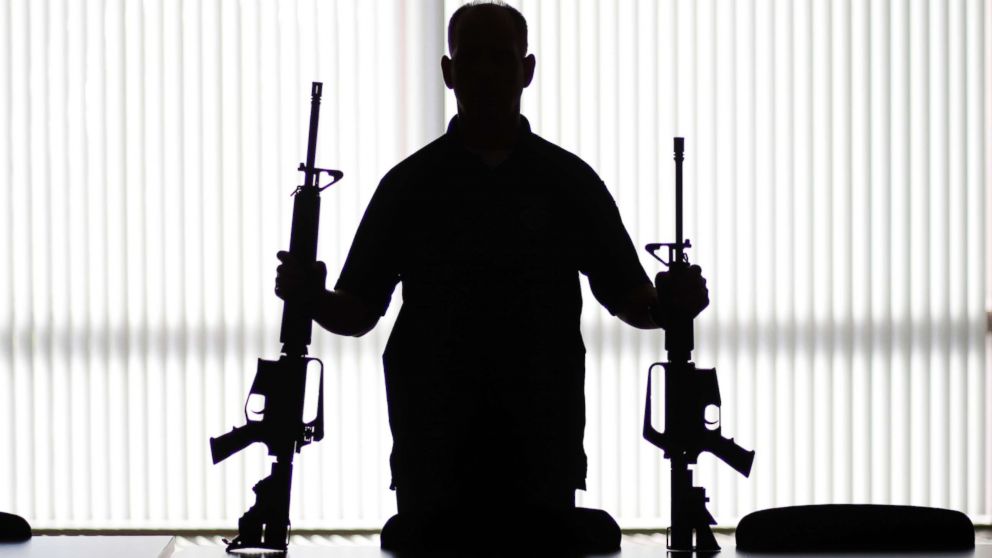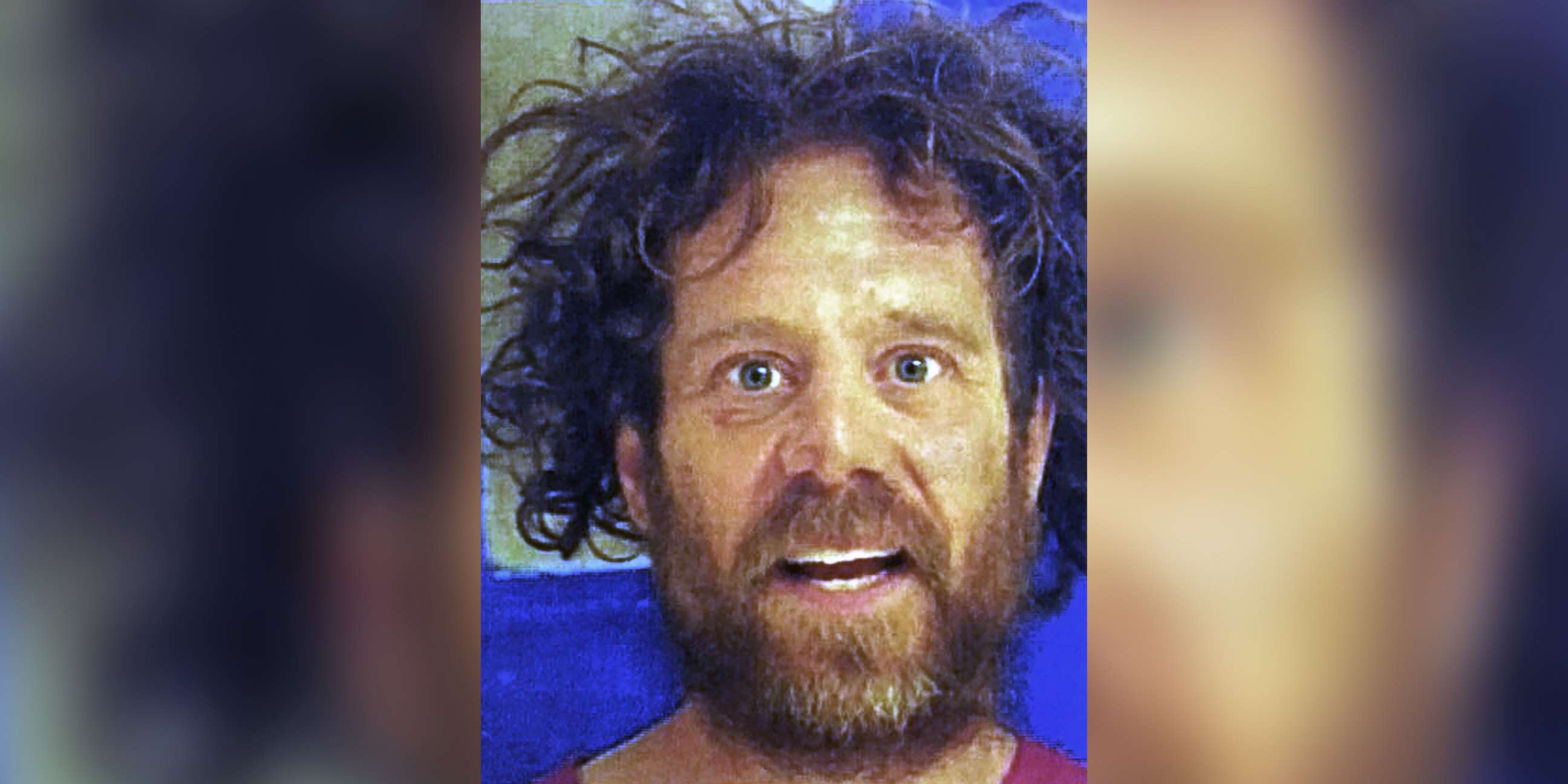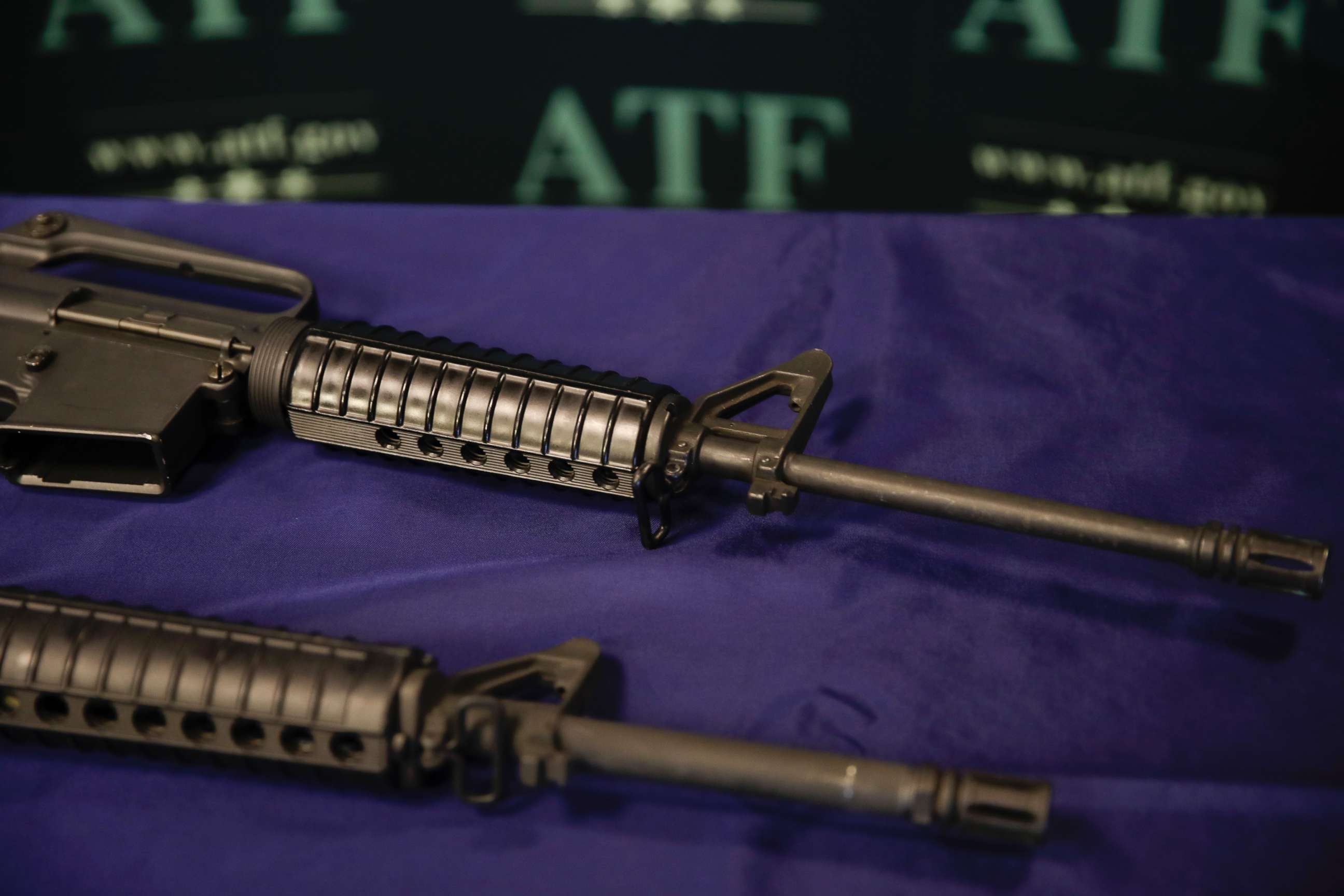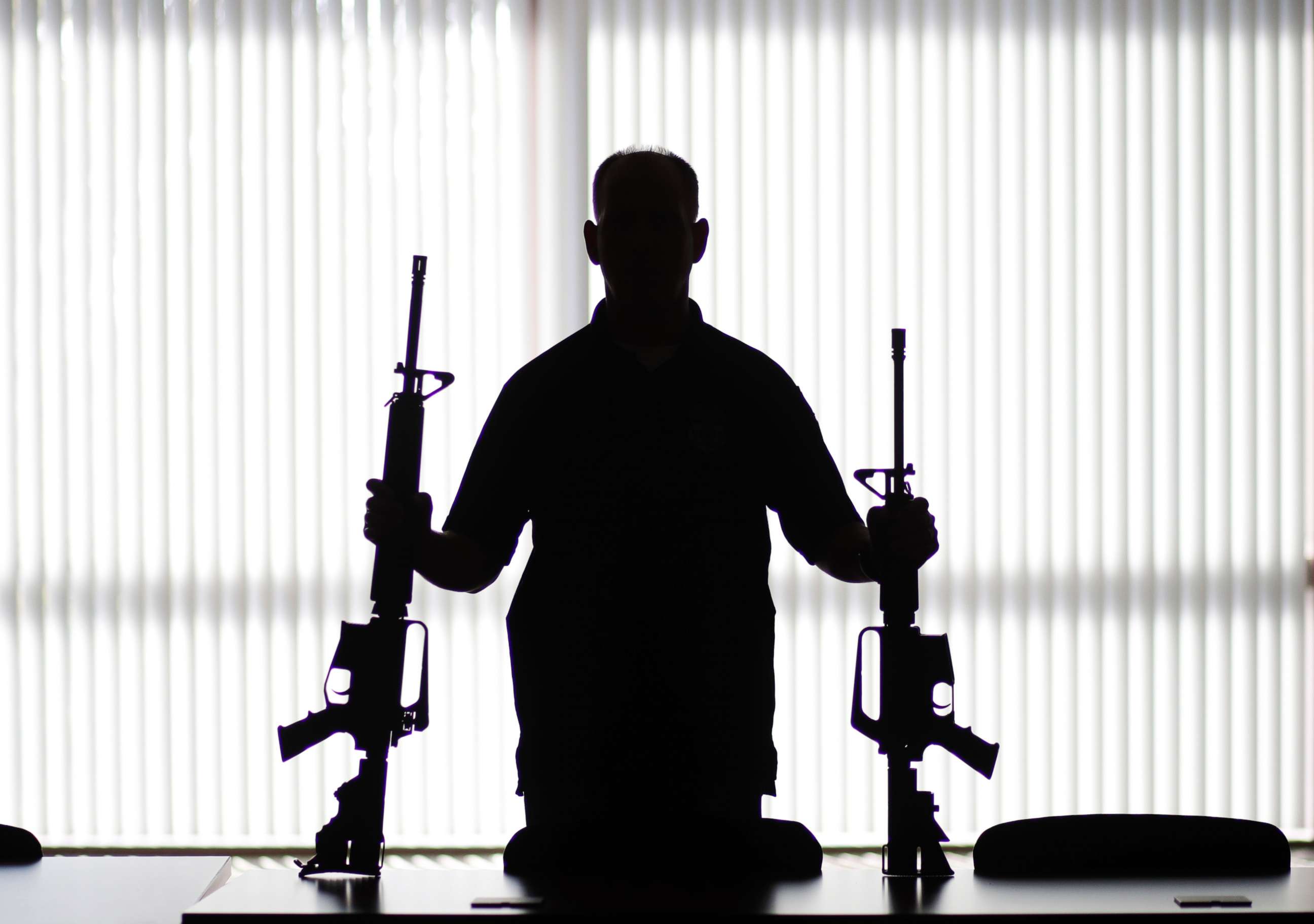More gun restrictions could cause uptick of homemade 'ghost guns,' experts say
Ghost guns, or firearms without serial numbers, are almost impossible to trace.

— -- As more restrictions are placed on gun ownership, more people -- and criminals -- could start to manufacture their own, law enforcement experts tell ABC News.
The issue of "ghost guns" or guns without serial numbers has been thrust into the national spotlight after California authorities revealed that the man who engaged in a string of shootings earlier this week that left five dead had two firearms that he manufactured at home.
Tehama County Assistant Sheriff Phil Johnston told reporters in a press conference Wednesday afternoon that the two semi-automatic rifles with multi-round clips that gunman Kevin Neal was armed with were illegally manufactured at his home and were not registered.

Neal was out on bail on an assault charge he was arrested for in January, and his family said he suffered from a history of mental health issues, such as paranoia. But he was able to find a workaround of a court order that prohibited him from having guns by making them himself, The Associated Press reported.
Johnston said that as gun laws become more restrictive, criminals will begin to build their own. ABC News consultants, former NYPD Police Commissioner Ray Kelly and former FBI agent Steve Gomez, said they agree with him.
People are already building firearms or modifying existing firearms in an "unlicensed and illegal manner," Gomez said.
"If lawmakers took steps to make the gun laws more restrictive, those unlicensed home-made firearms would be highly sought after by people and criminals who do not care to comply with the law," Gomez said.
These guns are almost impossible to trace, experts say. Tracing the parts of a homemade firearm could be difficult if there are no serial numbers or registered identifiers designated for those parts, Gomez said.
"That typically is the objective of the manufacturer and end user of the [homemade] firearm -- to produce and own a gun that is untraceable by the authorities," Gomez said.
The tagline for the site ghostguns.com includes the words "unserialized" and "unregistered," while a description says the company "specializes in unregistered weapons build."
Ghost guns pose a threat to society because if someone exhibits behavior indicating the potential to commit violence, law enforcement will not be able to determine if the person possesses a firearm and determine whether he or she has the capability to act out on those violent tendencies, Gomez said.
"Without the ability to check a database to determine if a potentially violent person possesses a firearm, law enforcement may have a more difficult time determining if a person poses a threat to the public, unless provided with specific facts that would justify an investigation and/or enforcement action," Gomez said.

Civilians and especially cops should be worried about ghost guns, Kelly said. When responding to a call, there could be "no record that anyone there has a gun." Although, the same case could be made for illegal guns, too, Kelly added.
In addition, unregulated guns may be unsafe and pose a hazard to the user and the surrounding public because they do not meet the same operating standards of regulated firearms, Gomez said.
In order to attempt to trace ghost guns, authorities can look at monitoring or even regulating materials that may be used to build a homemade firearm in the same manner that they use to closely monitor ingredients that can be used to make explosives, Gomez said.
"However, even with increased monitoring and regulations, those individuals intent on having and using an unlicensed and illegal firearm will always seek other alternatives," Gomez said. "Its law enforcement’s job, along with the public’s help, to anticipate and respond to those alternatives that can lead to a violent incident as we saw in Tehama County."

While Kelly agrees that ghost guns are a "problem," he said he does not believe that lawmakers are currently in an environment to place regulations on gun parts.
"I don't think we're going to get legislation anytime soon that would effectively stop the shipment of ghost weapons," Kelly said.
Lawmakers, law enforcement and mental health professionals must consider implementing procedures to properly integrate information about someone who has the potential to commit violence, which could lead to "a swift and appropriate" response by authorities, Gomez said. This could be done for someone who has a history of violence, exhibits mental health issues or is threatening someone, especially if that person has access to a firearm that can be used to commit a violent act, he added.
"Detection and prevention should always be the goal," Gomez said.
But, since "there's not even an adequate database in regards to mental health issues," Kelly said he does not believe it is "feasible" to keep gun parts away from people who suffer from mental health problems, especially if they have not been adjudicated to having them.
"I don't see an answer to it," Kelly said.




